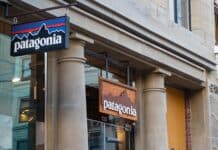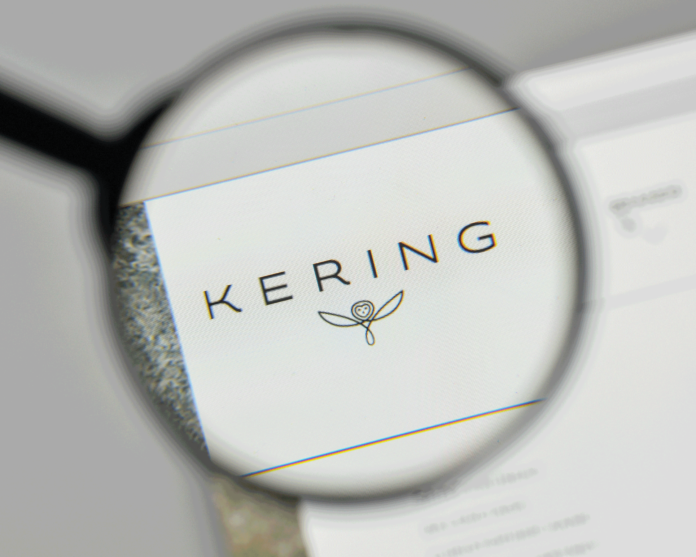
“Shelving hard decisions is the least ethical course.”
– Sir Adrian Cadbury, Chairman of Cadbury and advocate for corporate governance reform.
As the world’s family businesses steadily turn to the benefits of sustainability and its promise of protecting the planet and safeguarding the future, it might be easy to forget that the impact of this strategy is felt first by those businesses and families that choose to embrace it. History is peppered with many bold leaps that seem entirely sage in retrospect but often overlook the significance of what was at stake at the time.
Henry Ford made owning an automobile accessible to the masses and revolutionised manufacturing in the process, but it was his offer to pay employees $5 a day in 1914, more than double the average factory wage at the time, that many in the business community thought was risky. Ford turned a blind eye to his short-term bottom line to retain and stabilise his workforce with an appropriate wage for the pressure and monotony of the assembly line.
In the process, Ford also provided the means for his employees to purchase the automobiles they made, arguably spurring the birth of the middle class. The Ford Motor Company ranks 12th on the Fortune 500 list, with annual revenue of over $127 billion, but the company’s success was built on Henry Ford’s forward-looking vision and conviction rather than his desire for financial prosperity — which he achieved as a result of his unconventional approach, not despite it.
Over 75 years later, chef and entrepreneur Steve Ells did what many considered “everything wrong” when he launched his fast-food restaurant that didn’t serve breakfast and offered fresh, quality ingredients. With a loan from his father, Ells opened the first Chipotle Mexican Grill in Denver, Colorado, in 1992. His healthier take on fast-food dining gained loyal customers and a significant following that encouraged the big, national fast-food chains to reconsider their menus.
Today, Chipotle serves its preservative-free, responsibly raised and sourced, organic ingredients in 2,600 locations across the US, Canada, the UK, France and Germany, proving that even the venerable fast-food model can be re-imagined and shaped by the times.
But it was in 1994, just one year after Chipotle served its first wholesome “real food” burrito, that Ray C. Anderson disrupted the petroleum-intensive carpet manufacturing industry by committing his Atlanta, Georgia, carpet tile business, Interface, to becoming the world’s first environmentally sustainable company. Recognised as a pioneer in the sustainability movement, Ray C. Anderson and the company he founded not only influenced current sustainability and ESG initiatives but also proved that putting the planet above profits can benefit both.
Building on the advances made by history’s ESG innovators, these family firms pivoted, changed their operating models and chose what they felt was the ethical course while facing the highest stakes for their operations and their family’s legacy.
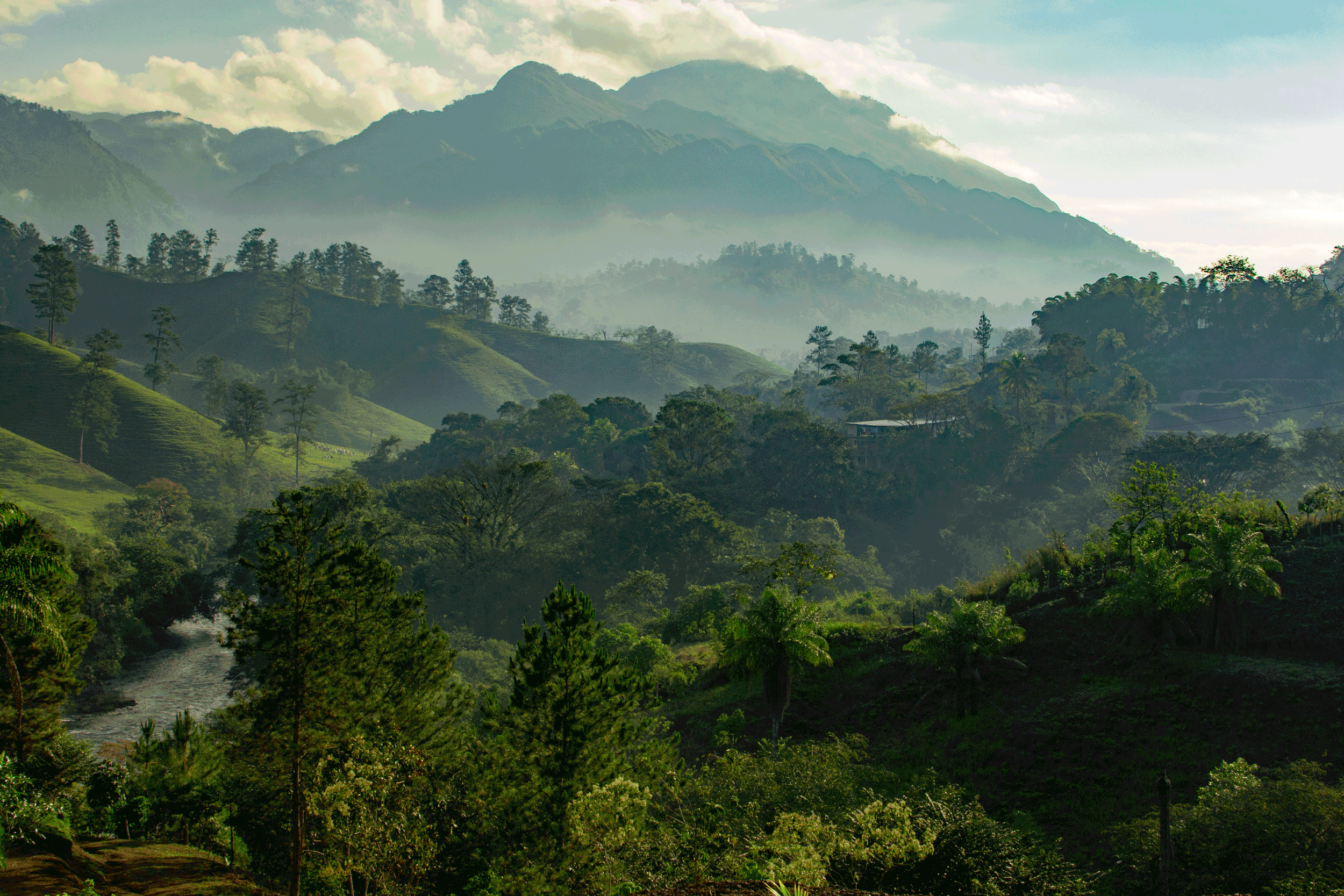
Agroamerica (Guatemala)
A family-owned business that began as a small banana farm in Guatemala in 1958 and grew to become a key Latin American fruit provider, AgroAmerica turned the ravages of 1998’s Hurricane Mitch into an opportunity to combat deforestation and help the environment. After losing all of their banana crops when the devastating hurricane ripped through Central America, the company made the bold decision to alter its course in support of sustainability.
By the 1990s, the detrimental impact of banana farming on rainforests, which host between 40 and 75 per cent of the earth’s biodiversity, had become well-known. Pesticide-infused plastic bags used to protect bananas as they grew found their way to riverbanks and beaches. Fish and coral reefs were dying from the effects of chemical runoff and erosion, and land-based ecosystems disrupted by the great swaths of forest cleared to grow banana crops. Despite the obvious benefits of producing the world’s most popular fruit, AgroAmerica, which had always operated with an eye to the environment, decided to take it a step further, changing the crop entirely after the hurricane and producing palm oil instead.
It was a huge gamble. Palm oil was a minor commodity in Latin America and dwarfed by the around 90 per cent global supply produced by Indonesia and Malaysia. Like many popular crops, palm oil is not without its environmental concerns. Still, the product’s yield-to-land-use ratio is favourable in the fight against deforestation: it occupies only 5 per cent of the world’s vegetable oil farmland but produces 38 per cent of the world’s total vegetable oil supply.
Since then, AgroAmerica has been a leader in the growth of the region’s sustainability initiatives and palm oil production, which has nearly doubled since 2001. AgroAmerica became the first oil palm company in the world to achieve the Rainforest Alliance Certification program’s top-tier level of certification, and the company’s list of environmental and social achievements has only expanded – a direct result of AgroAmerica’s commitments to pursuing zero-deforestation and improving the quality of life through inclusion, health and education.
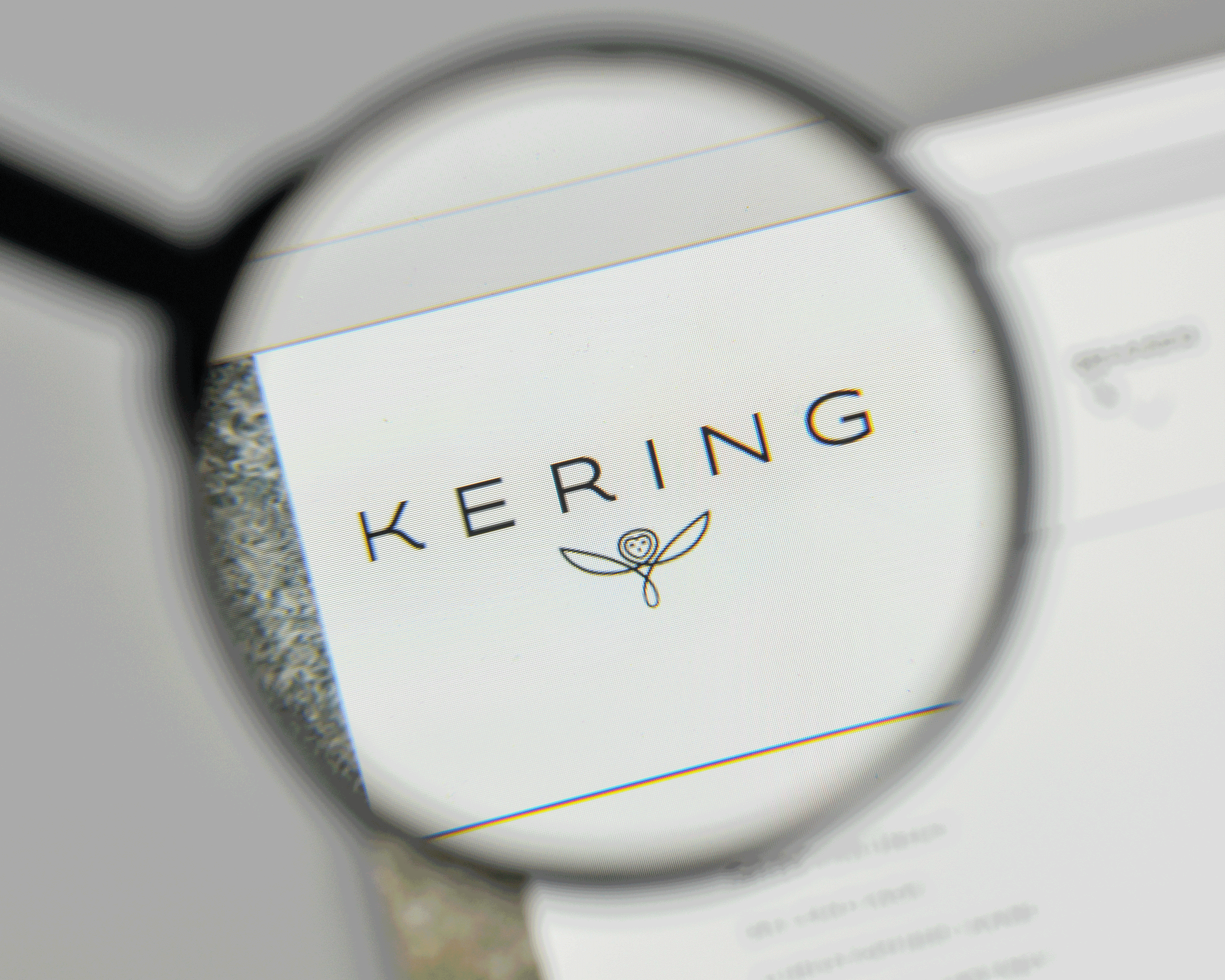
Kering (France)
Intrepid pivots are nothing new for the Pinault family’s French luxury group that owns fashion brands Saint Laurent, Alexander McQueen and Gucci. François Pinault founded Kering in 1963 as a wood and building materials company, but dramatically changed his company’s trajectory when, 36 years later, in 1999, he purchased a controlling stake in Gucci Group. It is perhaps with the same transformative spirit that the company would position itself as a world-class leader in sustainability.
In 2003, at a time when corporate sustainability was still in its infancy, Kering established a sustainability team and integrated its digital environmental reporting platform, a full two years before the World Summit on Social Development would set forth its global Sustainable Development Goals. By then, in 2005, Kering had already published its first Code of Ethics governing business conduct, translated it into 12 languages and began issuing it to all employees – a practice that continues today.
The company created its Sustainability Department in 2007, a body with a seat on the Executive Committee and reports directly to the CEO. Sustainability targets were included in the criteria for measuring performance and determining executive bonuses in 2010. And in 2013, Kering took its environmentally friendly commitment even further with its creation of the Materials Innovation Lab, a library of sustainable fabric and textile samples that creative teams could use to find sustainable and responsible alternatives for their collections.
Kering unveiled its Care, Collaborate, and Create Sustainability strategy in 2017, with targets to be met by 2025. The company renewed and expanded on its sustainability goals in 2020 by introducing its biodiversity strategy focused on stemming biodiversity loss, restoring ecosystems and species, and triggering systemic change. Listed on the Dow Jones Sustainability Index, the World & Europe and the CDP Climate Disclosure Leadership Index, Kering is considered the world’s most sustainable luxury and apparel company – and one of the top 10 most sustainable companies in the world – while generating annual revenue that surpasses $14 billion.
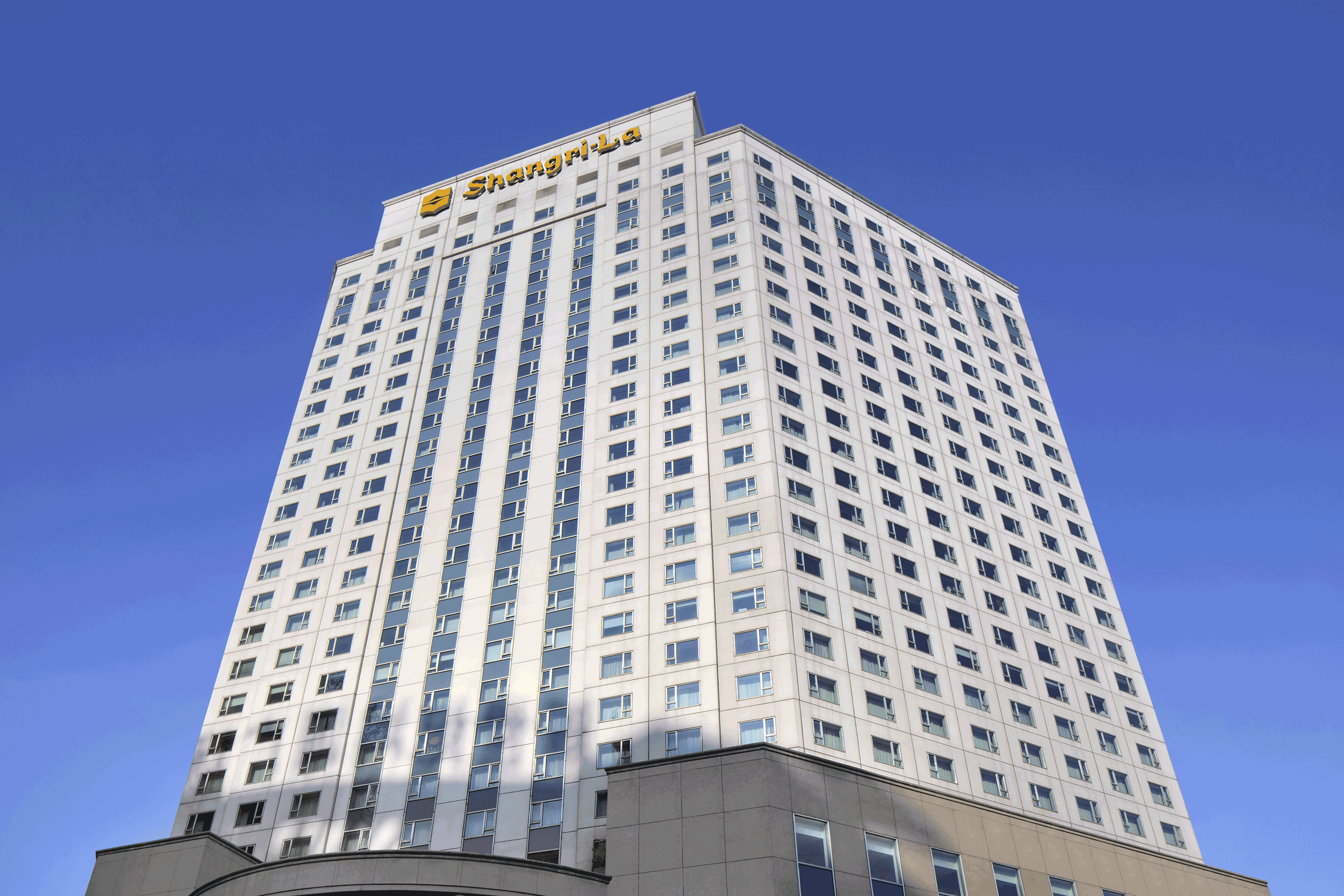
Shangri-La Group (Malaysia)
Historically, the terms luxury and sustainable haven’t often been thought of together, but in 2009, Malaysia’s Kuok family set out to change that perception. Owners of the Shangri-La chain of luxury hotels and resorts through their Shangri-La Group, the Kuok family understood all too well the importance of sustainability and corporate social responsibility (CSR) to maintain the pristine environments in the destinations where they operate.
Even in 2021, the hotel industry has been slow to embrace sustainable practices due to the significant investments needed to update existing infrastructure combined with inherently low-profit margins. But recognising the importance of a sustainability shift, Shangri-La began its pioneering environmental and social efforts over 12 years ago with two major flagship CSR programmes. The company’s Care for People Project, launched in 2009, partners each of Shangri-La’s hotels with a school, health centre, orphanage or other charity in the communities they operate, providing funding, infrastructure support, and training. Shangri-La’s Care for Nature Project promotes conservation and biodiversity restoration through local government, NGO, and community partnerships near their resorts.
However, it may be the company’s innovative internal operating procedures that make it a leader in hospitality sustainability. Shangri-La’s green policies include reducing its plastic footprint through bottling its own water and using sustainable materials throughout its operations. Shangri-La practices smart technology food waste management, low-temperature laundry facilities, and composting gardens to repurpose food refuse. The company’s hotels and resorts around the world have implemented various bee programs to enrich the local environment and provide hive-to-hotel products. And in 2012, they were the first hotel group in Asia to sign with the Marine Stewardship Council to source sustainable seafood.
Today, Kuok Hui Kwong, daughter of company founder, Robert Kuok, leads the Shangri-La Group and its sustainability and corporate social responsibility initiatives as Chair & Executive Director. The Group owns, operates and manages over 100 hotels and resorts in 76 destinations around the world and remains the sole constituent in the Dow Jones Sustainability Asia Pacific Index from the Hotels, Resorts & Cruise Lines sector.
References
https://fortune.com/company/ford-motor/fortune500/
https://www.nps.gov/teachers/classrooms/wildlife-of-the-tropical-rainforests.htm
https://www.theguardian.com/sustainable-business/2014/dec/17/palm-oil-sustainability-developing-countries
https://www.centralamericadata.com/en/article/home/The_Palm_Oil_Business_in_Central_America
https://www.hotel-online.com/press_releases/release/sustainable-hotel-management-trends-hoteliers-should-know-in-2021/
https://portal.csa.spglobal.com/survey/documents/DJSIComponentsAsiaPacific_2020_.pdf





